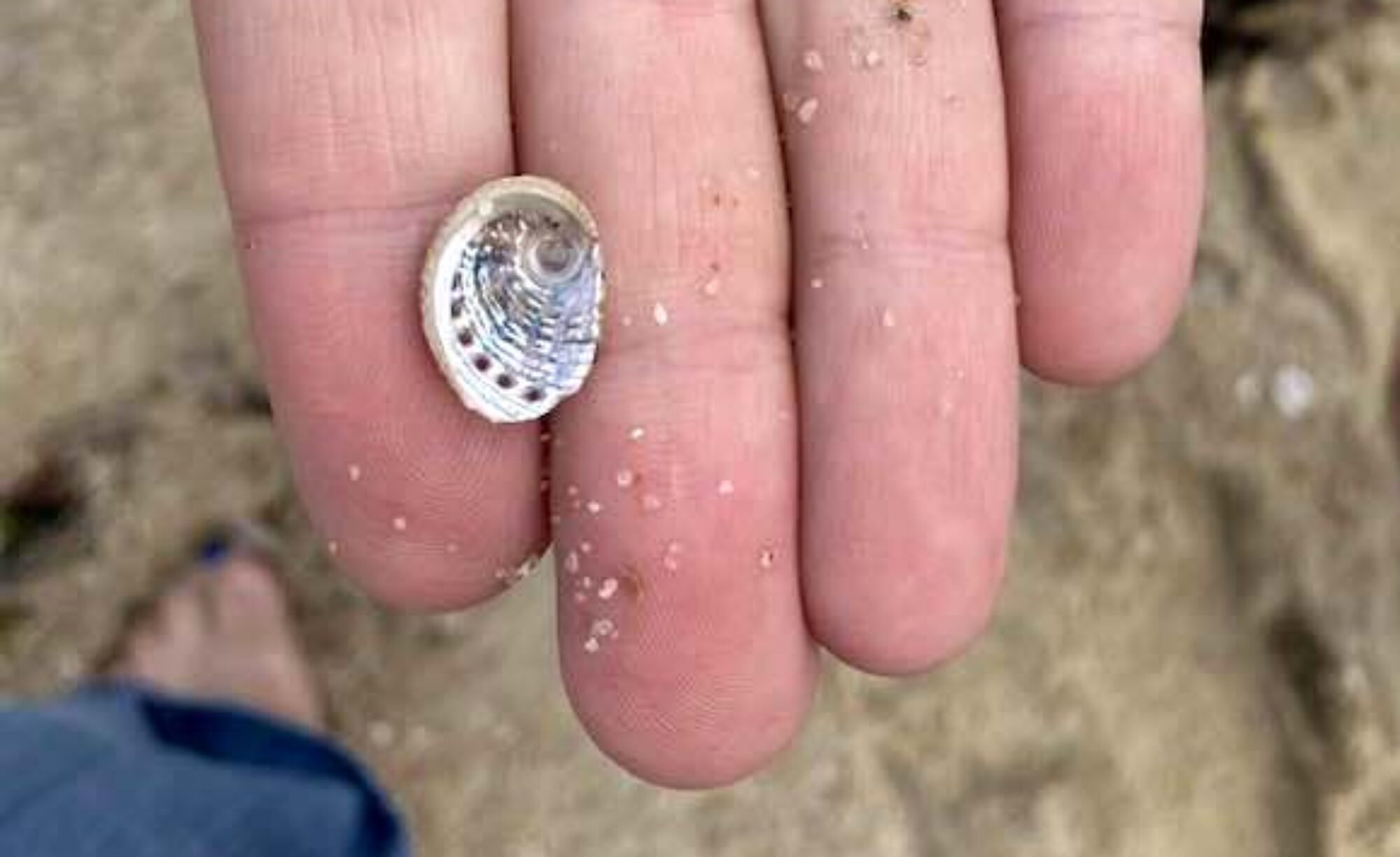Have you ever heard a parent say “my child doesn’t lie”? They are wrong.
Sure the reasons and frequency differ from child to child but parents will miss some important things if they believe their child doesn’t lie as a blanket statement, or could not possibly be lying in a specific circumstance.
The reasons children lie are many and varied, and are pretty much the same reasons that adults lie. Fear is one of the biggies and it has a great many facets to it.
Fear of consequences (rightly or wrongly), fear of rejection (rightly or wrongly).
A child may fear over-baked consequences and lie.
A child may fear balanced consequences and lie.
This doesn’t mean NO consequences in the hope they won’t lie, it means balanced and fairly measured consequences knowing they will probably lie again some sooner, some later, because that is what is in our hearts.
A child may lie to impress, which in a way is a fear of rejection – maybe you won’t like me as I am?
A child may lie to escape responsibility “yes Mum, I brushed my teeth” with bacon bits stuck between their chompers. In a way, fear of consequence.
There are more reasons, and each reason and context may need differing responses, but the thing that doesn’t change, even though its hard to reach sometimes, is that the truth matters.
The truth builds trust- both ways.
“I’ll tell you the truth if I can trust you to be fair and not stop loving me” and “I need you to tell the truth so I know where I’m at with you”.
Of course this doesn’t mean much if the reason to lie is to get ones own way when a kid knows that it is different to what the parent will consider… Welcome to parenting. It’s multifaceted and hard hard hard. But that’s part of the point. They are meant to prompt and poke US along the way of growing up. (Possibly not a great idea for some of the to actually know that or they might up their efforts at facilitating that 🙂 )
When I was quite a young mum, my Dad mentioned a teachers PD he had been in where the speaker said “children don’t lie, they fabricate”. While I don’t wholeheartedly agree with that it does bring another slice of the context-pie to the table.
Particularly with very young children. While the truth is still the goal, approaching fabrication is different…
An example… Yesterday I told Miss 5 something I was planning, and she immediately said “yes I was just thinking about it and I thought ‘this’ and ‘that’ and ‘the other as well’ “. I knew she was just thinking aloud and one statement led to the next statement, so I just said “that’s not true is it” and she said “no” quite cheerily. Happy kid. Happy mum. Allowed to think aloud, but attention and a learning moment brought to the fact that truth matters.
Some kids take this to the level of art…
Sometimes I would interrupt it, and sometimes I would let them ramble. In the beginning it drove me NUTS but along the way I learned a different way to manage it.
Partly from my Dad, partly from our extra grandies the Ezzos’s, partly from the continuation of my own growing up process,and partly from Dr Suess. 🙂
It was in one of the NUTS phases that I came across the Dr Suess book “It Happened on Mulberry Street”. If you have a kid who ‘fabricates’ – distinct from lying (with intent or fear or malice), find it and read it. You’ll get a giggle, if not some perspective. 🙂
Like I said, sometimes I will let them ramble on, sometimes I will cut it short, sometimes I will interrupt with “you’re waffling aren’t you”, but always always to bring them to the admission of truth and fabrication (waffle). I’ve fund the more relaxed I am about it, the easier it is to bring them full circle.
It thrills me to the core,bones,heart and tips of my cotton socks, to hear a child (or anyone really) say “I was wrong”. “Nah that wasn’t true”. “I made a mistake”. “I’m sorry”. I get to say those things plenty. And I appreciate grace and love extended my way. I get things plenty wrong and don’t expect rightness from others and more than I expect it from myself. Infallibility does not apply to me, nor you and not our kids.
Those statements represent vital relationship skills, born partly I believe from recognising and accepting truth.
I heard the statement years ago “we judge one another by their actions, and ourselves by our intentions”. If I should desire things like truth, grace, fairness, mercy, humility, understanding from others, I am to seek to be that TO others – no less our kids than anyone else. Kinda like, “do unto others as you would have them do unto you”.

